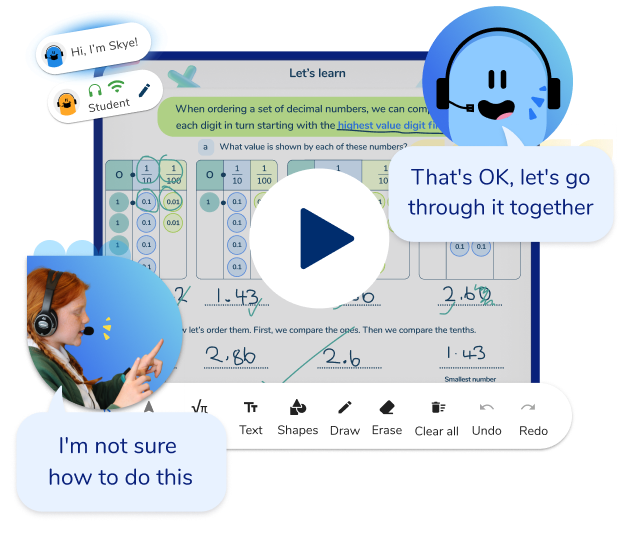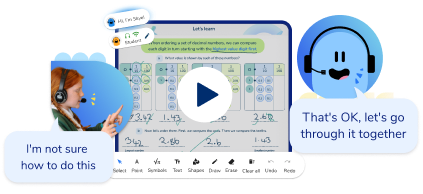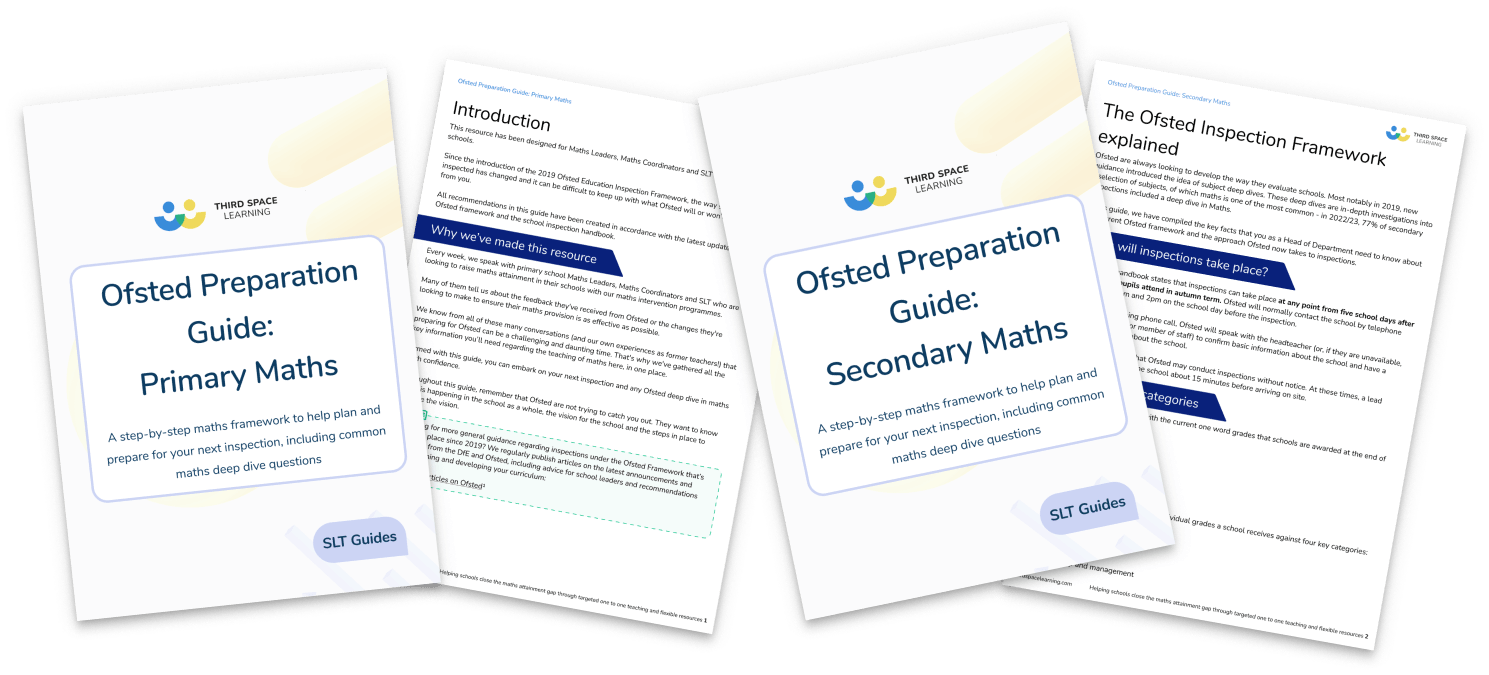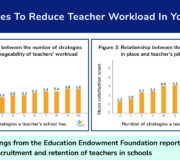How To Lead A School Well And With Confidence | Confessions of a Primary Head
During my many years in education, I have made plenty of mistakes. I have created data systems that made no sense, made broken policies, and even spoke to the wrong parents about “their” child.
Of all of these, the toughest to overcome was when I allowed the pressures and challenges of being the leader of the school and the SLT at school to shred my confidence. To the extent where it became difficult to be genuinely effective as a leader.
This can happen very quickly – and to anyone. After all, there are countless reasons for leaders to doubt themselves:
- Unexpected SATs results
- Complaints from parents, staff and children
- Challenging a teacher over practice
- Ofsted
- Challenging safeguarding decisions
With that in mind, it’s a simple switch. One you’re riding high, a proud and sure-footed leader. The next, you are silently rocking in a dark room unsure of everything you say and do, unable to make eye contact in the mirror.
Ofsted Preparation Guides
Prepare for your next inspection with this step-by-step maths framework. Includes checklists and questions for an Ofsted deep dive in maths.
Download Free Now!Ask any school leader and they will almost always tell you (no matter how long they have been a leader, or how successful and respected they are)…
“We are all waiting for that tap on the shoulder. We are all waiting to be found out.”
The worst part? It doesn’t get easier with time. I am on my fourth headship and the first few years of this one have been the hardest of my career. No contest.
However, from experience I can tell you this: leadership often gets easier when you understand, and are comfortable within, your context.
Confidence in the context of your primary school
The confidence to lead your school in your school’s context is crucial to being effective. As a leader you will work best when:
- You are familiar with the problems you need to overcome
- You are comfortable in your role, and know the part it plays in overcoming them
- You find a degree of affirmation within your role
When you understand and get these three things right within yourself, then it becomes easier. Of course, this is different for every leader and in every context.
Therefore, a leader really needs to look at (and understand how) their confidence works at the different stages in their leadership, all within their their current context.
A key component to the conflict of confidence can be summed up neatly in Jon Ronson’s, So You’ve Been Publicly Shamed:
“It’s about terror, isn’t it?”
“The terror of what?” I said
“The terror of being found out” he said.
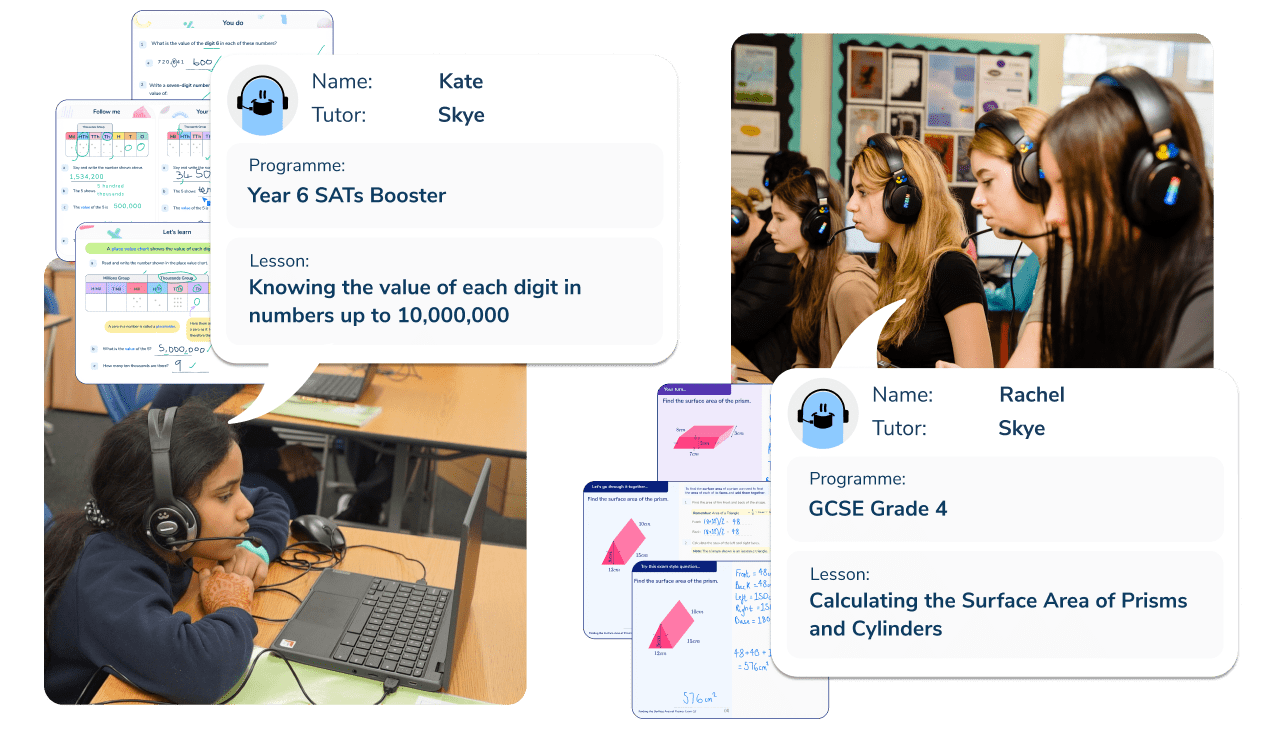
Meet Skye, the voice-based AI tutor making maths success possible for every student.
Built by teachers and maths experts, Skye uses the same pedagogy, curriculum and lesson structure as our traditional tutoring.
But, with more flexibility and a lower cost, schools can scale online maths tutoring to support every student who needs it.
Watch Skye in actionThe risk of knee jerk reactions in primary leadership
As a school leader we are constantly taking risks, short and long term. We have to play the ‘cards of the future’ based on flimsy premonitions of success and strategic divination.
We do this in a climate of school accountability that is higher than at any time I can remember. “Holding your nerve” is something that should be written into every school leader job description.
It is crucial that at the critical moments of seeing through your strategic planning you don’t crumble and make for a sudden and radical change of direction.
When questioned or criticised, sometimes leaders make a “knee-jerk” decision because they do not have the nerve to hold their course through a challenging problem. This can be a mistake.
Experience has taught me that seeing an idea through almost always results in improvement. through most ideas almost always shows improvement.
Whereas changing direction, stopping, and suddenly dropping systems is usually a catalyst for further problems.
Planning and seeing it through as a school leader
To avoid those knee jerk reactions whenever I take on a new or challenging idea, my first approach is this:
Why will it not work? (John Tomsett talks about school development planning in the same vein).
Take time exploring this question. If you find too many reasons for failure and they are of a higher probability you may want to ask…Is this the best way forward?
If we plan for mistakes, we begin to expect them. Then, if the mistakes happen (as they inevitably do) the event builds our confidence instead of destroying it. We were right to predict the mistake, not painfully blindsided by it.
Confidence when dealing with Ofsted and DFE
Another major aspect of confidence as a school leader is how we respond to the authoritative doctrines we have to deal with. Those bodies that make critical decisions which impact us and our school communities, such as Ofsted and the DFE, as well as School Improvement Officers and Regional School Commissioners.
My rule for this is simple: Why try to second guess what others want?
Quite often second guessing what others in positions of influence want of us feeds the sense of fear in education. We think Ofsted want X. We think the DFE know Y. We think…
Again, experience tells me that they are often just mythologies passed down via social media folklore. Niggling anxieties that we have little power over us and only hurt us as we waste time worrying about them.
Something I have taken a long time to learn is this: other people’s negative experiences are not a virulent contagious virus unless we allow them to be. This is especially true of Ofsted.
If you were to Ofsted your school tomorrow what would YOUR lines of inquiry be? Right… do something about them. In fact, I bet you already have! Therefore, how good is the evidence you have of the impact?
Those we often see as all powerful giants, unmoving and colossal, are nothing when we act as ourselves – comfortable with who we are. In Malcolm Gladwell’s brilliant book, David and Goliath he says:
“In reality the very thing that gave the giant his size was also the source of his greatest weakness. There is an important lesson in that battle with all kinds of giants. The powerful and the strong are not always what they seem.”
David went to Goliath with courage and faith – as school leaders we must remember this. This is our ground, and who knows it better?
An important point here is that it is not a battleground. We are not gorillas fighting the enemy from the shadows. We are leaders and, as Michael Cladingbowl put it when he was National Director of Ofsted, we need to learn to dance with Ofsted.
I’d say we need to dance, sing, laugh and be merry with anyone who comes to our schools. When we are at war the pressure on our confidence is immense.
This is never a good thing. We should all remember that the “battleground” is in fact a showground in which we can come together.
This is pretty much my approach to dealing with the powerful. I need to take control of our issues, not second guess possible outcomes based on other people’s experiences. That is just irrational.
Does this make me some sort of super human Headteacher with an iron will, fine-tuned organizational skills and reservoirs of confidence? No – I understand the uncertainty. I greet it each and every day in all its guises. It has bettered me many times. I only speak from experience – often bitter, painful and shaming experience.
Learning from your mistakes
This is the key rule of confidence in leadership: learn from your mistakes, and know when to say sorry.
Confidence is key, especially in the face of those who may dogmatically state they know “what’s best” for your school. You must be assured that you know the context, and thereby needs, of your own school best. And make sure you do!
A leader is not the conduit of all knowledge. They are the strategic lead. The champion for the actions of the school. Therefore… like a stuck record… leaders MUST know their schools better than anyone. What better way to learn than through the mistakes we make?
The reflective leader often becomes an effective leader through careful consideration of the issues they face (when they are given time and a little bit of luck). Not procrastinating over mistakes. Not delving into the deep dark night of the soul wailing about the injustice of it all.
The irony is my confidence as a school leader has grown from my many mistakes… but there is a key component to this:
I have survived my mistakes. Like some sort of educational cockroach, I am still here.
Longevity in school leadership is a strong indicator of success (more so than any faded banner hanging from the iron railings outside schools). We need to do this by being comfortable with our unique selves as leaders and finding how this fits in to the unique schools we lead.
We should never play to other people’s songs. Leadership is not about being a second rate covers band, or a one hit wonder. We only find our voices, and therefore our confidence, through constant reflection and building up our understanding of the context of the schools we lead.
This article is part of our Confessions of a Primary School Headteacher series. Read more here:
DO YOU HAVE STUDENTS WHO NEED MORE SUPPORT IN MATHS?
Skye – our AI maths tutor built by teachers – gives students personalised one-to-one lessons that address learning gaps and build confidence.
Since 2013 we’ve taught over 2 million hours of maths lessons to more than 170,000 students to help them become fluent, able mathematicians.
Explore our AI maths tutoring or find out about one to one tuition for your school.
